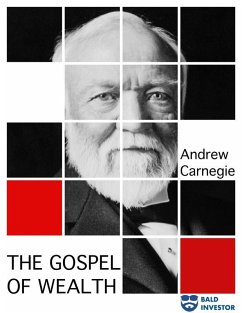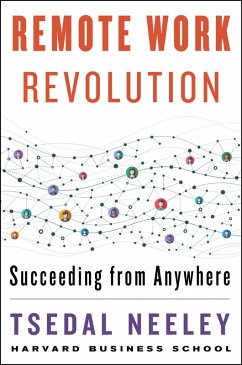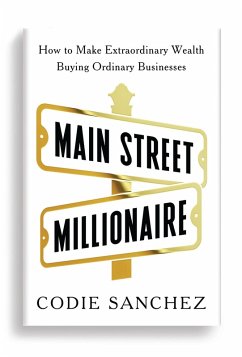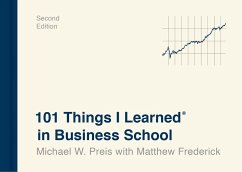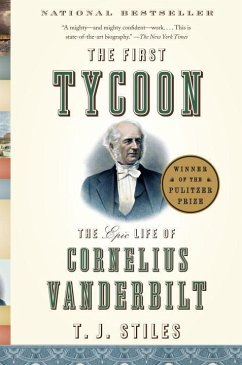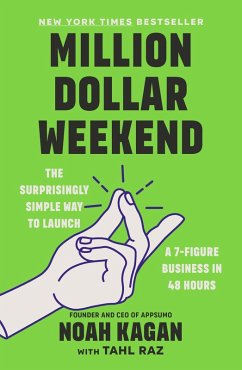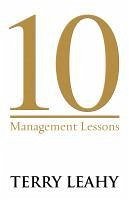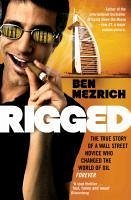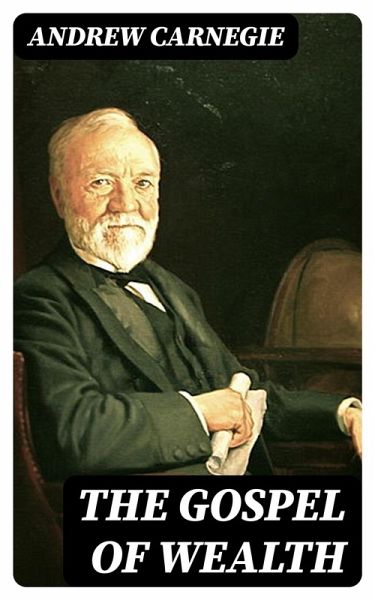
The Gospel of Wealth (eBook, ePUB)
Versandkostenfrei!
Sofort per Download lieferbar
0,49 €
inkl. MwSt.
Weitere Ausgaben:

PAYBACK Punkte
0 °P sammeln!
In "The Gospel of Wealth," Andrew Carnegie articulates a compelling philosophy advocating for the wealthy to consider their fortunes as a moral obligation to promote the welfare of society. Written during the late 19th century, amid the rise of industrial capitalism, Carnegie's essay blends a persuasive rhetoric with a utilitarian approach to philanthropy, emphasizing the necessity of responsible stewardship of wealth. His discussions pivot around the moral responsibilities of the rich and elaborate on what he terms the 'surplus wealth'-the excess capital that should be utilized for the greate...
In "The Gospel of Wealth," Andrew Carnegie articulates a compelling philosophy advocating for the wealthy to consider their fortunes as a moral obligation to promote the welfare of society. Written during the late 19th century, amid the rise of industrial capitalism, Carnegie's essay blends a persuasive rhetoric with a utilitarian approach to philanthropy, emphasizing the necessity of responsible stewardship of wealth. His discussions pivot around the moral responsibilities of the rich and elaborate on what he terms the 'surplus wealth'-the excess capital that should be utilized for the greater good, a theme that resonates with contemporaneous socio-economic debates about wealth distribution and public responsibility. Andrew Carnegie, a self-made steel magnate and philanthropist, rose from humble beginnings as the son of a weaver in Scotland. His personal journey from poverty to unparalleled wealth profoundly influenced his views on the social implications of fortune. Carnegie's belief in the potential for personal success coupled with his commitment to uplift society underscores his transition from industrialist to a champion of philanthropy, who donated over $350 million to various causes, including education, libraries, and peace initiatives. Readers are encouraged to engage with Carnegie's thought-provoking reflections that remain pertinent today, as they challenge contemporary perspectives on wealth and social responsibility. "The Gospel of Wealth" is not just a manifesto for the affluent; it is a clarion call for ethical leadership and a blueprint for leveraging wealth for the greater good, making it essential reading for anyone interested in economic philosophy and social ethics.
Dieser Download kann aus rechtlichen Gründen nur mit Rechnungsadresse in A, B, BG, CY, CZ, D, DK, EW, E, FIN, F, GR, H, IRL, I, LT, L, LR, M, NL, PL, P, R, S, SLO, SK ausgeliefert werden.




